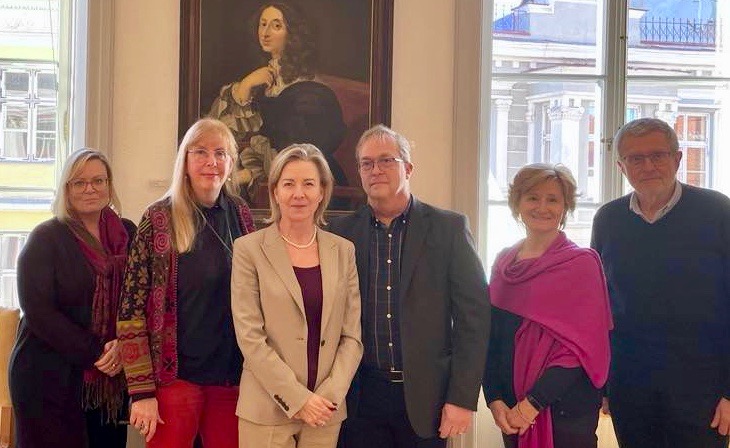National Historiography, Élite Ideology, and Nation-Building in the Northern Caucasus
Very welcome to join our next RUCARR seminar on April 11 with Evgeny Romanovskiy, Charles University.
WHEN: April 11, 15.15-17.00
WHERE: Sign-up here for zoom link
Abstract
The Caucasus has always been a mystical region for researchers not only from abroad, but also for Russians, where “traditional methods did not work.” Nevertheless, in this study, the author will lift the veil of the secrets of the formation and development of state policy in nation- and identity building in two republics of the North Caucasus: Chechnya and Dagestan. While Chechnya is a traditional mono-ethnic and mono-religious republic within Russia that has given rise to a “special” kind of nationalism, Dagestan is a «Babel tower of languages and cultures” that represents a different type of nationalism, or lack of it. While using modern social theories, the author of this study [in both cases] will try to prove that the Caucasus went through a difficult, but the same way of forming national identities as other regions of the Earth. This seminar will help to better understand the Caucasus, as well as the processes that took place and are taking place there and that have shaped the image of this region as we know it.






 Welcome to next RUCARR seminar on March 21 with Dr Katrine Godfredsen, senior lecturer in Caucasus Studies at Malmö Unversity.
Welcome to next RUCARR seminar on March 21 with Dr Katrine Godfredsen, senior lecturer in Caucasus Studies at Malmö Unversity.